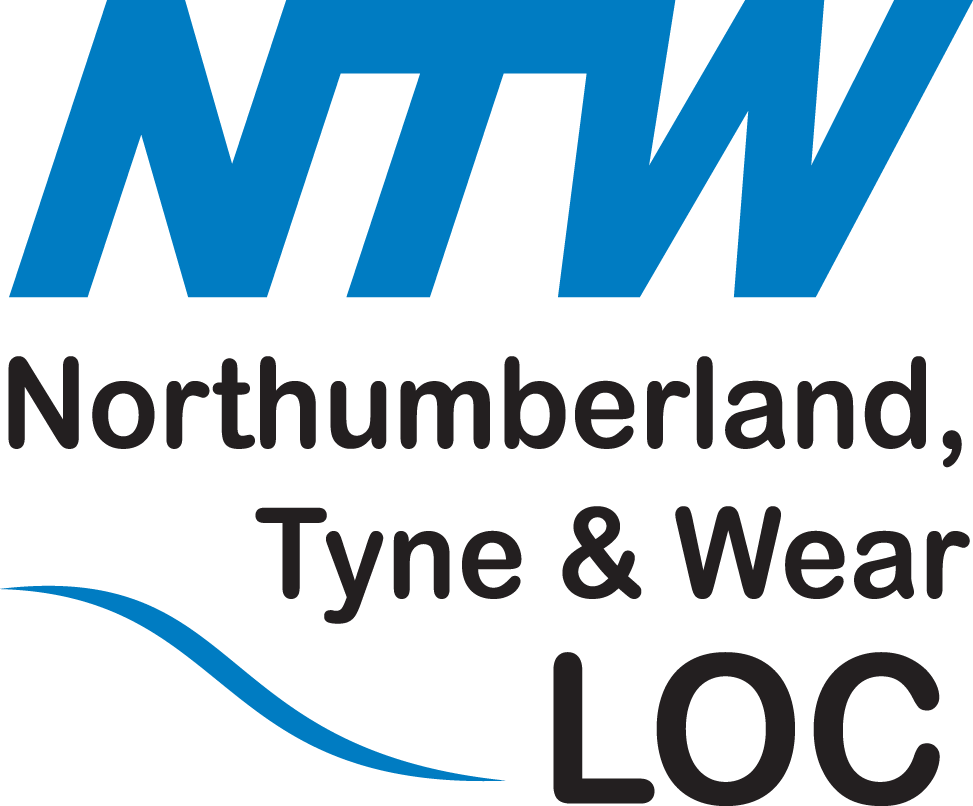Opticians (Primary eye care)
Many people think that a sight test is just about checking whether your vision needs correcting with glasses or contact lenses. But there are other important reasons to have a regular sight test.
A sight test is a vital check on the health of the eyes and includes the detection of eye conditions. Many of these, if found early, can be treated successfully, avoiding potential sight loss.
A sight test can also detect other health conditions such as high blood pressure or diabetes. Visit Look After Your Eyes website, run by the College of Optometrists, for more information.
Opticians are situated on your local high street and provide a wide range of services including;
Routine Sight Tests
NHS (GOS) funded Sight Tests are available for those who are eligible. An optician will assess your vision and whether glasses will improve your eyesight. Some eye health checks are provided as part of the examination but a GOS sight test can not be provided solely for this purpose; monitoring of eye disease or extra health checks are not covered by this funding. Hydroxycholoquine retinopathy monitoring are also not funded via GOS.
There are strict rules about when and how often people can be recalled for a GOS sight test. A request from a GP for an interocular pressure test in the absence of reduced vision does not meet these rules.
Those in receipt of low income and children qualify for a voucher towards the cost of any glasses if there is a change in prescription.
Self-funded Eye Examinations for people who do not meet the NHS eligibility criteria. Enhanced examinations such as colour vision testing, retinal photography, optical coherence tomography (OCT), vision assessments for specific employment roles may be available privately.
Some Opticians specialise in specific areas such as Contact Lenses, Sports Vision, and Dyslexia support though these services are not funded by the NHS.
Home visits (domiciliary)
If you or your relation are unable to leave your home due to poor health, you may be eligible for a home visit. All opticians either offer home visits or will be able to direct you to a colleague that does. Call your optician for further advice.
Local Extended Primary Eyecare Services
Northumberland, Tyne and Wear LOC has been working with local NHS Commissioners (Integrated care System) to encourage delivery of NHS funded services beyond routine sight tests from community-based Primary care optical practices.
Aimed at managing the Ophthalmology capacity in the hospitals and cope with increasing demand from both the ageing population and new technologies.
Primary care optical practices are successfully and safely delivering extended services as part of local eye care pathways in other parts of England and the North East & North Cumbria; patients with a range of eye health problems are assessed by Primary care optometrists situated in local practices, without the need to travel to hospital.
Other benefits include:
-
- Increased choice for patients – they may be able to attend a practice close to home, or one with which they are familiar.
- Speedy assessment – many practices can offer appointments within a few days or at short notice.
- Convenient appointment times – many practices can offer weekend or evening appointments.
- Explanation of eye problems – optometrists take time to discuss eye health problems with the patient, and to answer questions, providing valuable advice and reassurance.
Extended services commissioned across NTW
Intraocular Pressure Referral Refinement
Glaucoma is an eye disease with no early symptoms in which the optic nerve at the back of the eye becomes damaged. An early indication of glaucoma may be raised pressure inside the eye; this may be identified during a routine sight test. However, measuring eye pressure can produce varying results much like blood pressure tests.
If the eye pressure is found to be high without other potential signs of glaucoma, then the pressure test will need to be repeated, often using a different method of measurement. This is done because pressure readings can vary from instrument to instrument, from day to day and even from hour to hour.
By repeating these tests within Optometrists’ practices we reduce unnecessary referrals to already overburdened hospital eye clinics.
Child Management
A scheme which identifies children who might have amblyopia (a ‘lazy’ eye) or strabismus (a squint). The main aim of the scheme is to identify children who might have eye problems which could be looked after by an Optometrist near to the child’s home.
Children undergo ‘vision screening’ in their first year at school and any child whose sight does not come up to a certain standard is given the choice of seeing one of the local Optometrists who are participating in the scheme.
The Optometrist undertake several tests specially designed for young children, so it doesn’t matter if the child cannot name the letters of the alphabet. By putting some drops in their eyes, the Optometrist will be able to tell if your child is short-sighted, long-sighted, has astigmatism, and if they need to wear glasses.
If your child needs glasses, the Optometrist will see them again six weeks later to make sure your child’s sight has improved. If their sight has not improved, they may be referred to a hospital eye clinic for review and possible treatment.
